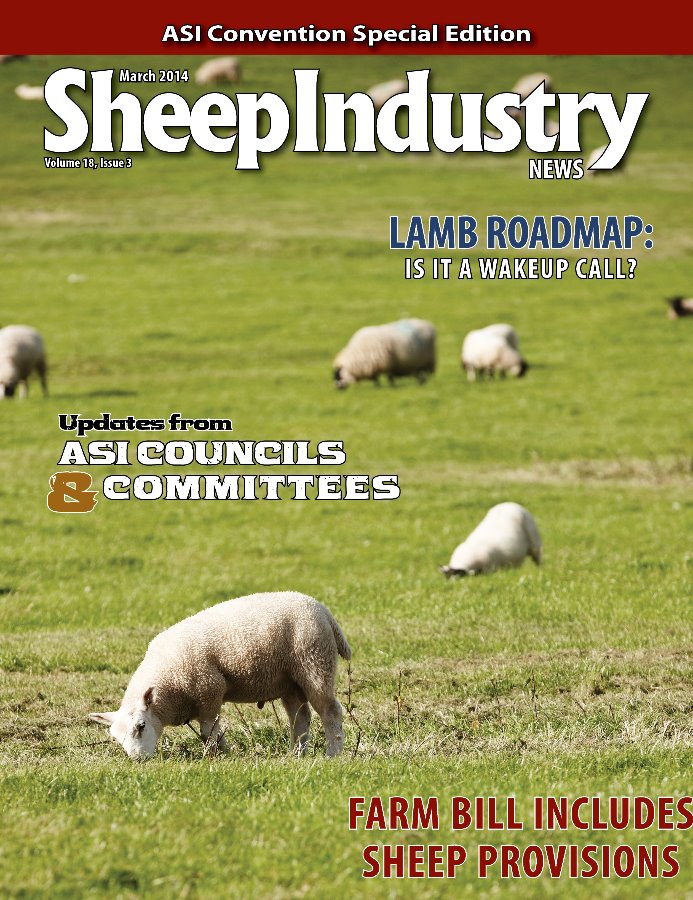
- March 2015
- President’s Notes
- Nearly 600 Participated in ASI Convention to Mark 150th Anniversary
- Smith: Animal Ag Needs to Protect Itself
- ASI Awards: Dedication to Sheep Industry
- Avalos Urges ASI to Support Livestock Reporting
- Wool Council Updated on Programs
- Wool Excellence: Mehta, Kott Honored for Service to Industry
- Market Report
- H-2A ‘Special Procedures’ Vital to Industry
- Breed Research Reported to PERC
- Legislative Council Shifts Spring D.C. Trip
- Let’s Grow Committee Begins to Build
- Pfliger Takes Reins as ASI President
- Buchholz, Ebert Elected to ASI Executive Board
- Stakeholder Committee Formed to Draft Sheep Station Defense
- Animal Health Updated on Bighorns, Scrapie
- Emerging Entrepreneurs Gain Momentum
- Sheep News Briefs
- Classified Ads
Legislative Council Shifts Spring D.C. Trip
During its meeting in Reno on Jan. 30, the Legislative Action Council resolved to shift its annual trip to Washington, D.C., from early May to March 23-25.
“In order to be effective in this year’s appropriations process,” said Jim Richards, ASI’s lobbyist with Cornerstone Government Affairs, “it will be important to be engaged early. Visiting with congressional delegations in March instead of May will have a more meaningful impact on the final result.”
“The sheep industry has a long history of speaking as one voice when it visits Washington,” commented Richards. “This will again be critical as the industry takes on the important issues of bighorn sheep and the future of the U.S. Sheep Experiment Station (USSES).”
The Bighorn Taskforce Committee is finalizing the congressional language that will request Congress to direct the U.S. Forest Service to provide alternative grazing allotments to sheep producers when addressing bighorn sheep rather than simply shut down the ranch, as was the case in Idaho. The talking points will be finalized in time for the producer-delegation heading to Washington in March to share this unified request with congressional offices.
Also a priority at the legislative meeting in January, as well as for office visits in Washington, was the fight to retain the USSES and its many ongoing research programs. Congressional and industry interception resulted in a prohibition on the department from abandoning the sheep station in fiscal year 2015, however, the Administration proposes to close the station in its 2016 budget.
“The agreements currently being negotiated are the most contentious trade agreement for the textile industry since the North American Free Trade Agreement,” presented Ashely Bullock, International Textile Group. “And, they will pass because all parties need these agreements.”
Bullock took the very complicated topic of trade agreements and boiled it down to present the issues of importance to the wool business. Each agreement comes with its own set of threats but all-in-all, there is little upside for the wool textile industry in any of the agreements. One proposal is the Trans Pacific Partnership and a separate negotiation involves trade between the United States and Europe — both large textile producers.
Mandatory Price Reporting for livestock expires September 2015. It is critical to the lamb business that an extension be secured via Congress. Appropriations for U.S. Department of Agriculture’s Wildlife Services and scrapie eradication round out the list of priorities for legislative action by the council.

